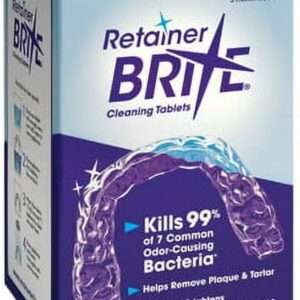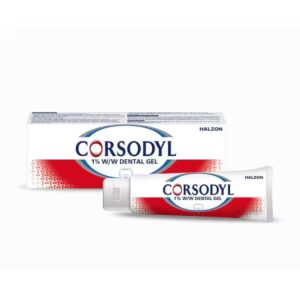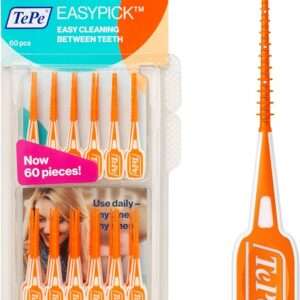Dental care is an essential part of maintaining overall health and well-being. A healthy mouth not only improves your quality of life but also helps prevent serious health issues. By understanding the importance of oral hygiene and adopting good habits, you can ensure your teeth and gums stay strong for years to come.
Whys is Dental Care Important?
Good dental care is essential for your overall health and well-being. It’s not just about a pretty smile; it’s about preventing serious health problems.
- Plaque buildup can lead to cavities, which are holes in your teeth caused by bacteria. Ignoring cavities can lead to pain, infection, and even tooth loss.
- Poor oral hygiene can cause gum diseases like gingivitis and periodontitis. These conditions can cause swollen, bleeding gums and, in severe cases, tooth loss. Gum disease has also been linked to more serious health issues like heart disease and diabetes.
- Your oral health is connected to your overall health. Poor oral hygiene can allow harmful bacteria to enter your bloodstream, increasing your risk of various health problems, including cardiovascular disease, respiratory infections, and complications during pregnancy.
- A healthy, clean smile can boost your self-esteem. Yellow teeth, bad breath, or dental issues can negatively impact your confidence and social interactions.
Essential Practices for Good Dental Care
Maintaining good oral health doesn’t have to be complex. By incorporating a few simple habits into your daily routine, you can keep your teeth and gums healthy and strong.
Brush Twice a Day:
Brushing your teeth at least twice daily with a fluoride toothpaste is essential for maintaining oral health. Gentle, circular motions should be used to clean all surfaces of your teeth, including the gum-line. Consider using an electric toothbrush for a deeper clean. Replace your toothbrush every 3-4 months or sooner if the bristles become frayed. Aim to brush for at least two minutes each time to ensure effective plaque removal.
Floss Daily:
Flossing daily is crucial for removing food particles and plaque from between your teeth and below the gumline. This helps prevent gum disease and tooth decay, particularly in hard-to-reach areas. Use a gentle flossing technique to avoid injuring your gums. If you find flossing difficult, consider using a dental floss pick or water flosser as an alternative.
Use Mouthwash:
Rinsing with an antimicrobial or fluoride mouthwash can further enhance your oral hygiene routine. It helps kill bacteria, freshen breath, and strengthen tooth enamel. Choose a mouthwash that is right for your needs and follow the recommended usage instructions.
Visit the Dentist Regularly:
Routine dental check-ups, ideally every six months, are essential for maintaining optimal oral health. During these visits, your dentist can identify and address potential issues early on, such as cavities, gum disease, or oral cancer. Professional cleanings remove tartar buildup that regular brushing can’t, helping to prevent these problems.
Eat a Balanced Diet:
A balanced diet plays a crucial role in maintaining oral health. Consuming a diet rich in fruits, vegetables, whole grains, and lean proteins provides essential nutrients that support strong teeth and gums. Limiting sugary snacks and drinks reduces the risk of tooth decay and erosion of tooth enamel
Stay Hydrated:
Staying hydrated is essential for oral health. Drinking plenty of water helps wash away food particles and bacteria, reducing the risk of plaque buildup and bad breath. Additionally, water supports saliva production, which naturally cleanses your teeth and neutralises acids produced by bacteria.
Quit Smoking:
Quitting smoking is one of the best things you can do for your oral health. Smoking stains teeth, causes bad breath, and significantly increases the risk of gum disease, oral cancer, and other serious health problems. Additionally, smoking can delay wound healing, making it more difficult for dental procedures to recover. If you’re a smoker, quitting can dramatically improve your oral health and overall well-being.




